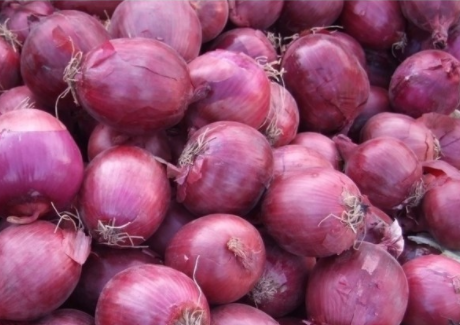食品伙伴网报道:据美国营养成分8月6日消息称,新的研究表明,肠道菌群构成上的改变可能会对发达国家中发病率上升的肠胃不适以及儿童肥胖症等做出解释。

高脂肪、高糖、高蛋白,而低纤维的饮食已在全世界范围内引起了非传染性肠炎的发病率的上升。来自意大利佛罗伦萨的研究者们研究了非洲布基纳法索14名健康的农村儿童和15名意大利的城市儿童的肠道菌群。试图解释肠道菌群在一些肠道疾病中的角色。
布基纳法索儿童吃的食物中淀粉、纤维和植物多糖高,脂肪和动物蛋白质低 - 被认为是类似于雷竞技ap官网入口 社会早期的人类的膳食结构。而意大利儿童的饮食是典型的发达国家膳食结构-在动物蛋白质、糖类、脂肪、淀粉高,纤维低。研究人员对两个群体的肠道菌群进行研究,发现从停止母乳喂养后发生了重大分歧。
研究结果表明,相对于种族、环境卫生、保健、地理而言,饮食对肠道菌群的组成结构影响最大。研究者推断,工业社会的高糖、高动物脂肪、高卡路里的食物限制了肠道菌群的适应性。布基纳法索儿童的饮食是以小米、高粱、黑眼豆和蔬菜为主,其纤维含量为的意大利儿童饮食中的两倍,研究人员建议,高纤维的摄入量可以在形成肠道菌群方面发挥主要作用。而意大利儿童的肠道菌群中细菌的比例曾经被认为与增加肥胖风险相关 - 也许这种比例提供一个有用的生物标志物,
研究人员写道,这项研究可能促使进行更深入的研究,以澄清双方在肠道菌群、健康和疾病差异之间的关系,也可能会开发新的益生菌产品。
本报道由食品伙伴网编译整理,仅供食品行业相关人士参考,详细内容以国外原文报道为准。
原文报道:
Changing gut bacteria could explain chronic western illnesses: Study
By Caroline Scott-Thomas, 06-Aug-2010
A shift in gut microbial composition may explain the rising prevalence of chronic stomach upsets and even obesity among children in developed nations, suggests new research.
Diets high in fat, sugar and protein, and low in fiber have been associated with increased incidence of noninfectious intestinal diseases all over the world.
Researchers writing in the Proceedings of the National Academy of Science (PNAS), examined differences in gut microbiota in 14 healthy children in rural Burkina Faso and 15 healthy children in urban Italy in an effort to explain the role of gut bacteria in some of these chronic illnesses.
The Burkina Faso children ate a diet high in starch, fiber and plant polysaccharides, and low in fat and animal protein – a diet thought to be similar to that of early human settlements at the time of the birth of agriculture. The Italian children’s diet was typical of the developed world – high in animal protein, sugar, starch, and fat, and low in fiber.
The researchers, from the University of Florence, compared intestinal bacteria in the two populations and found that significant differences developed from the time that breast feeding ceased.
“Our results suggest that diet has a dominant role over other possible variables such as ethnicity, sanitation, hygiene, geography, and climate, in shaping the gut microbiota,” the authors wrote.
“We can hypothesize that the reduction in richness we observe in EU compared with BF children, could indicate how the consumption of sugar, animal fat, and calorie-dense foods in industrialized countries is rapidly limiting the adaptive potential of the microbiota.”
The Burkina Faso children’s diet was based on millet, sorghum, black eyed peas and vegetables, and contributed nearly twice as much fiber as the Italian children’s diet, leading the researchers to suggest that high fiber intake could play a central role in shaping gut microbiota.
And the ratios of gut bacteria for the Italian children have previously been linked to increased risk of obesity – perhaps providing a useful obesity biomarker, the researchers wrote.
They said that the study could prompt further research looking to clarify the relationship between differences in gut microbiota, health and disease, and could also lead to the development of novel probiotic products.
“Both in the Western world and in developing countries diets rich in fat, protein and sugar, together with reduced intake of unabsorbable fibers, are associated with a rapid increase in the incidence of noninfectious intestinal diseases,” they wrote. “…Reduction in microbial richness is possibly one of the undesirable effects of globalization and of eating generic, nutrient-rich, uncontaminated foods.”








